Australia’s defence personnel do not have access to enough professional mental health workers, the man leading the Defence department has warned, and simply throwing more money at the problem is not a viable solution.
Department of Defence Secretary Greg Moriarty told the Royal Commission into Defence and Veteran Suicide on Tuesday the country’s widespread and severe labour shortages in professional mental health services had impacted healthcare delivery in the military and public service.
This was despite an “intensified” focus on helping soldiers, sailors, airmen and public service workers struggling with psychological trauma.
“We do not have enough mental health professionals for the Australian community broadly,” he said.
“Certainly within the defence organisation, they are hard to recruit.”
The jarring remark exposes the deep complexity of the suicide crisis roiling the country’s defence community, which has taken the lives of 1600 servicemen and women between 1997 and 2020 – 20 times the number of service personnel killed on active duty.
“Some of these challenges cannot be addressed through simply injecting more money,” Mr Moriarty said.
“The people (mental health professionals) simply do not exist and I think that’s a nationwide challenge.”
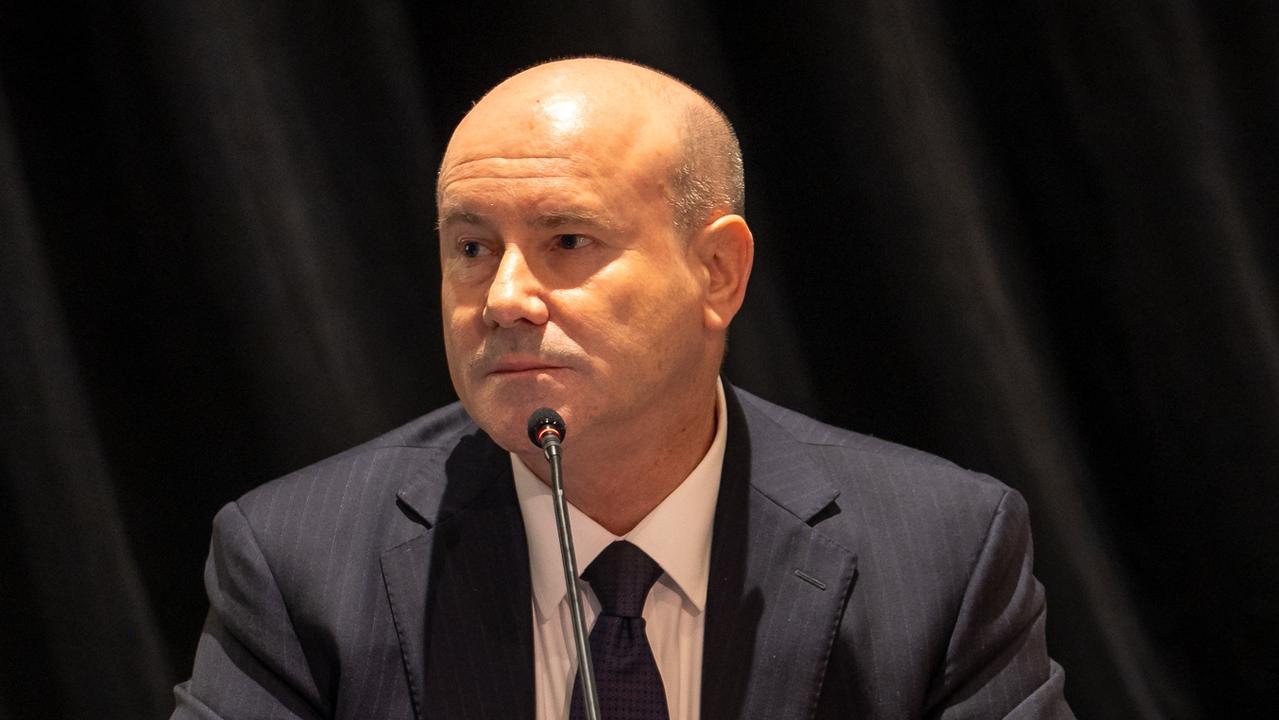
Department of Defence Secretary Greg Moriarty said his understanding of mental health challenges impacting the service personnel had ‘broadened’ during his tenure. Picture: Supplied
The department established a specialist mental health and wellbeing branch in 2023 to in part address the excruciating challenge, but Mr Moriarty said it would take time and extensive research for the new body to fully understand the range and complexity of the problem and develop policies that change outcomes at the ground level.
“Without quality data, it is very hard to make those small adjustments that might just improve the quality of an intervention,” he said.
Mr Moriarty took over the department in 2017 and his tenure was renewed for another five-year term in 2022.
He is responsible for implementing the government’s defence vision in conjunction with Chief of the Defence Force General Angus Campbell.
As part of that general brief, Mr Moriarty said he was responsible for maintaining a “healthy” Defence workforce.
“We cannot deliver the missions and effects the government requires of us if we do not have a healthy and capable workforce,” he said.
Erin Longbottom, KC, counsel assisting the commission, pressed Mr Moriarty on whether he and the department had been slow in confronting the mental health crisis coursing through the country’s defence community, but Mr Moriarty rejected that proposition.
“The issue of suicide has been a concern of Defence over many years,” he said.
“It does go back many years but I think we have conceptualised it in terms of a broader wellness function in more recent years.”
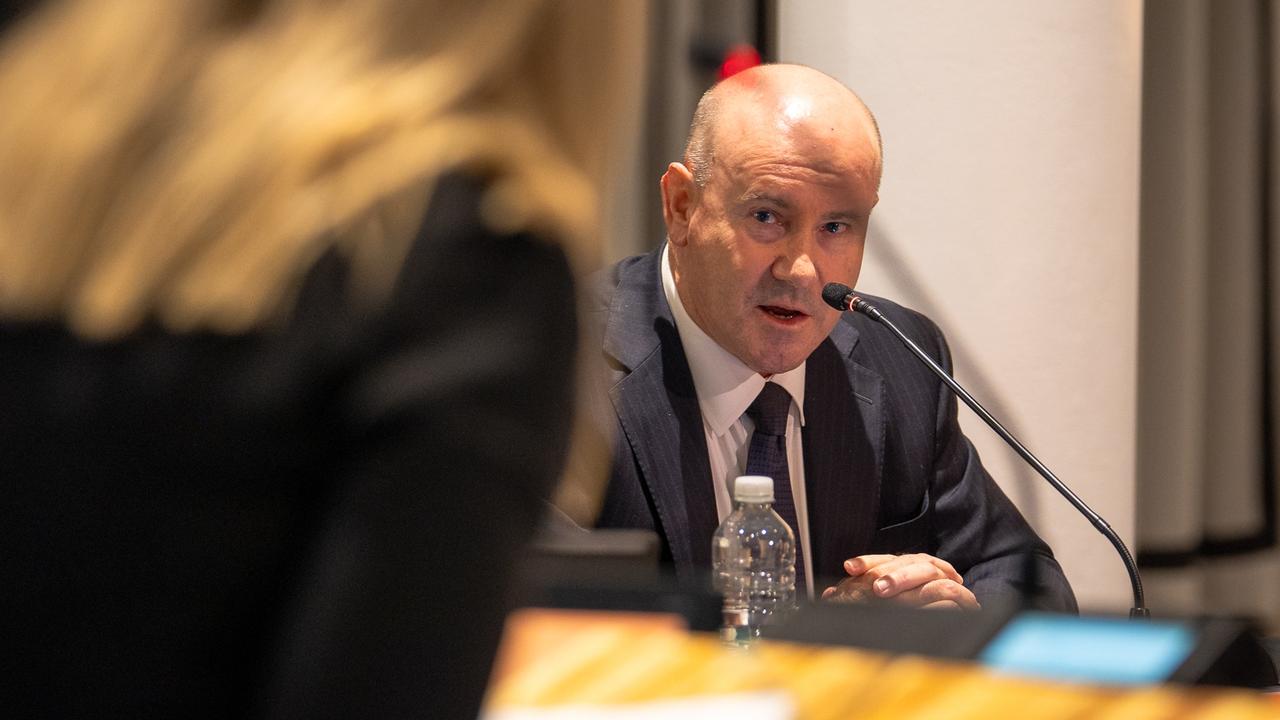
Mr Moriarty responds to questioning from Erin Longbottom KC during his testimony on Tuesday. Picture: NCA NewsWire / RCDVS handout
He said the department had made some “very significant improvements” in how it treats mental health and leadership had not been “passive” in response to the challenge.
He said he was optimistic about the improvements the new mental health branch would deliver to service personnel.
“It’s on a growth path,” he said.
He acknowledged his understanding of suicide in the defence and veteran community had “broadened” during his tenure, shifting away from what he called a “simplistic and narrow” emphasis on deployments and their impact on mental health to the multiple complex factors that generate the challenge.
The commission has held multiple hearings around the country and has received some 230,000 documents, 5889 submissions and heard from 344 witnesses, drilling into the complex mental health challenge.
Earlier on Tuesday, the commission heard from Dr Karen Bird, who lost her Afghanistan veteran son Jesse to suicide in 2017.
The heartbroken mum hit out at what she called a “delay, deny, die” culture within the Australian Defence Force.
The problem of accountability
In his after-lunch testimony, Mr Moriarty addressed the thorny issue of Australia’s “diarchy” Defence structure and its effect on accountability.
Diarchy refers to a shared power arrangement within a large-scale organisation and Defence operates on this principle, with both Mr Moriarty and General Campbell jointly responsible for implementing the government’s defence policies.
Mr Moriarty acknowledged it was an “unusual” model and other allied nations did not follow it.
When Ms Longbottom questioned whether such a structure could clearly outline who holds power and authority in an enterprise, Mr Moriarty replied:
“For management theorists, it would be a very challenging proposition.”
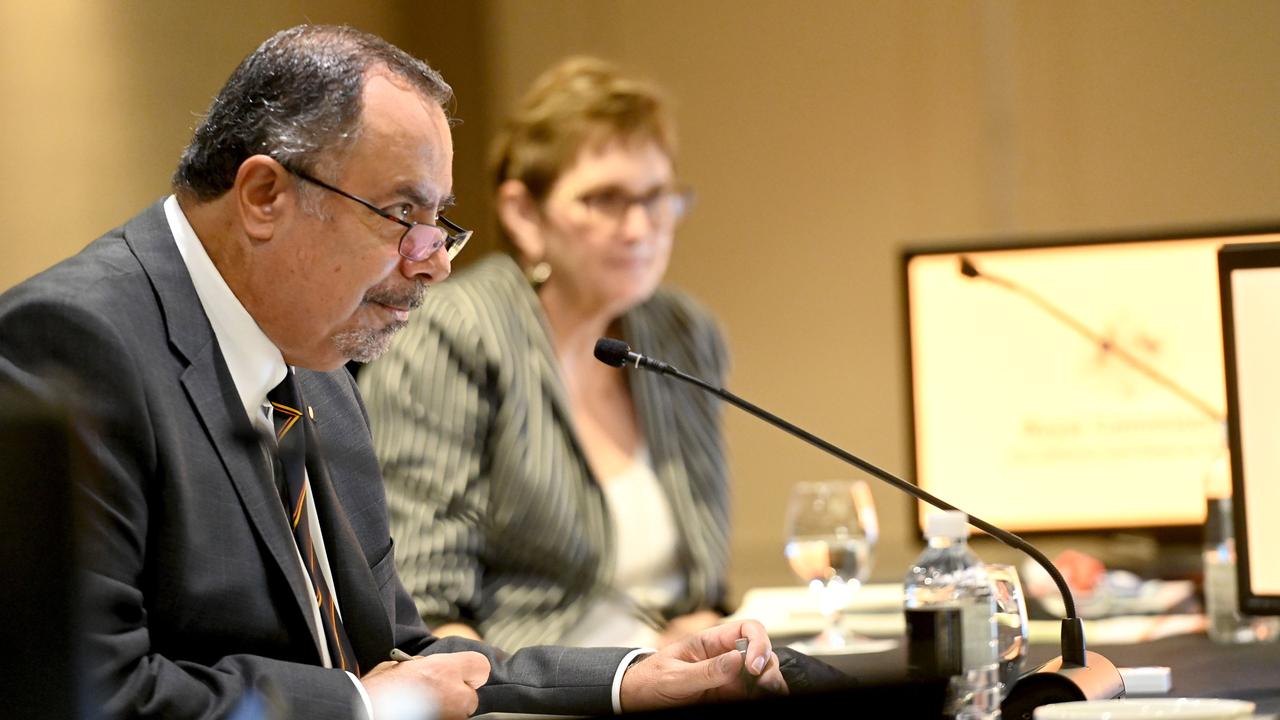
Commissioner Nick Kaldas is leading the Royal Commission. Commissioner Dr Peggy Brown sits to his left. Picture: Jeremy Piper / Royal Commission
Mr Moriarty said senior Defence leadership had operated without “formalised written accountabilities” before the recent introduction of the organisation’s “strategic accountability table”, but he rejected a proposition from Ms Longbottom that without clearly documented outcome-based performance measures, there could be no proper assessment within Defence.
“I disagree fundamentally,” he said.
“I want more and better data but I do not feel I am unable to come to a well informed view (of the performance of senior leadership),” he said.
“Because of a lack of those kind of metrics.”
He said metrics were not always an effective way to measure performance, particularly in non-service delivery areas.
“In some cases it is not possible (to rely on metrics),” he said.
“In non-service delivery areas, I think the issue of metrics is a challenge.”
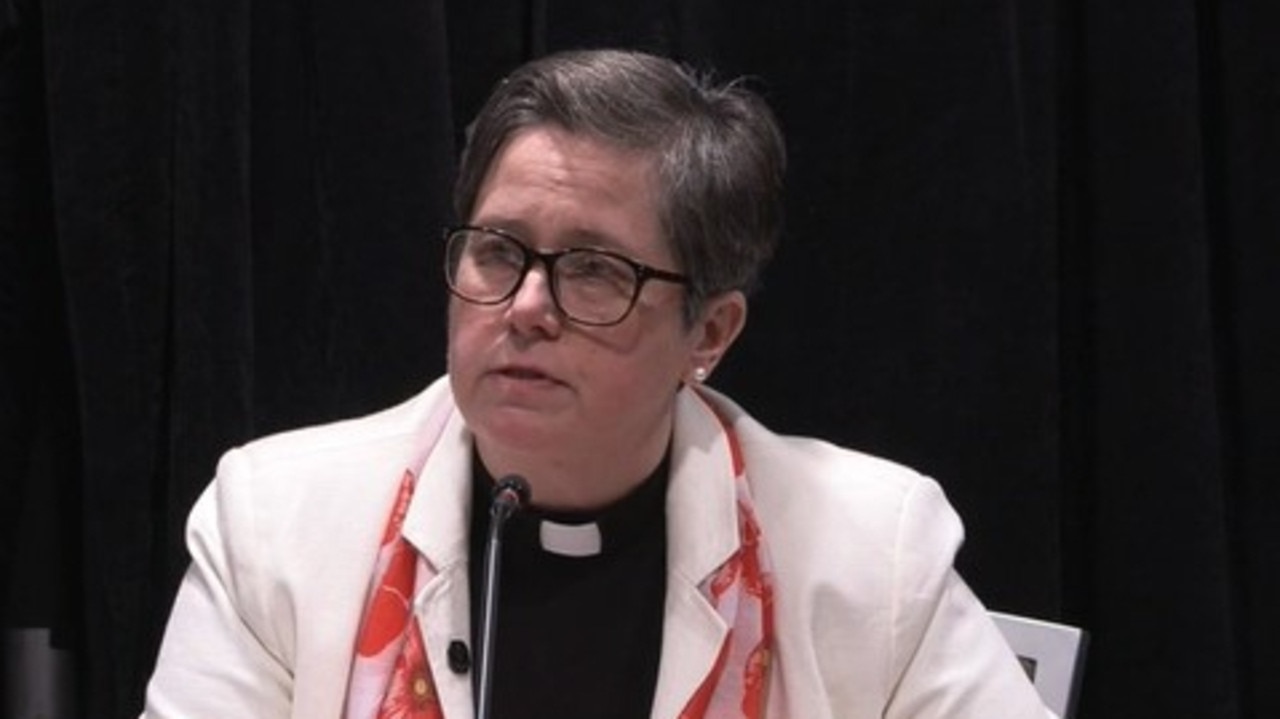
The Rev Dr Nikki Coleman testified at the Royal Commission in 2023. Picture: Supplied
‘Defence defending Defence’
Commissioner Dr Peggy Brown pressed Mr Moriarty on extensive witness testimony about senior Defence employees allegedly using rank and power to shut down complaints about culture and alleged mistreatment in the force.
He referred to harrowing testimony from former Air Force chaplain Nikki Coleman, who was allegedly abused during her service, and Navy hero John Armfield, who allegedly confronted a hostile culture when he flagged concerns about his brother’s care to his superiors.
“Is Defence changing sufficiently to start to own issues?” Dr Brown asked.
“Or is it likely we are going to see Defence continuing to defend Defence, as it has historically done.”
Mr Moriarty acknowledged the department and military hierarchy had “let some of our people down in the past, with appalling and tragic consequences.”
“We need a better culture of respect and concern and it needs to be driven down,” he said.
“How can we get that cultural change all the way down?”
He said there was still “enormous work to be done” to change and improve Defence’s culture.
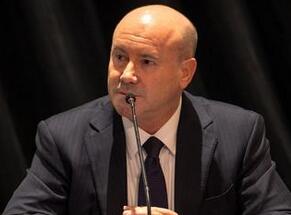

Leave a Reply